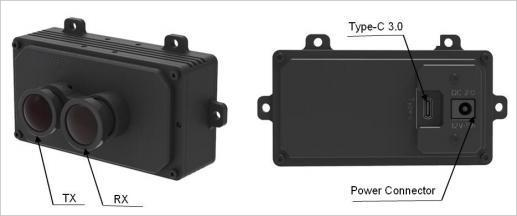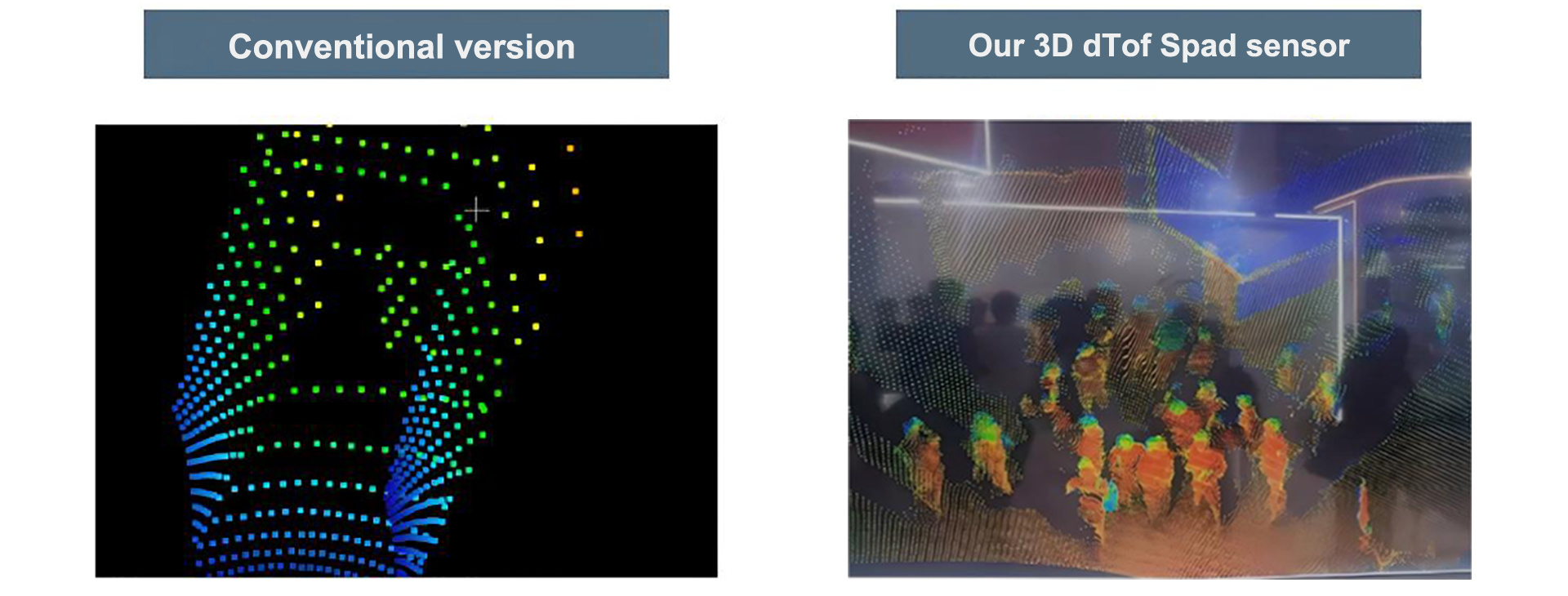2025-09-10
In today's rapidly evolving automotive landscape, the integration of advanced technologies is essential. One of the most promising developments is the implementation of Edge Computing AI Boxes with Algorithm NPUs (Neural Processing Units). These devices are revolutionizing the capabilities of automotive electronics by enabling real-time data processing and analysis directly at the edge, rather than relying solely on cloud computing.
Edge computing refers to processing data near the source of data generation, which significantly reduces latency and increases the speed of data handling. In the context of automotive applications, this means that vehicles equipped with Edge Computing AI Boxes can process information from various sensors and systems in real-time. For instance, data from cameras, LiDAR, and radar can be analyzed on-the-spot to improve decision-making for advanced driver assistance systems (ADAS) and autonomous driving features.
Algorithm NPUs play a crucial role in this ecosystem by providing the necessary computational power to run machine learning algorithms efficiently. They are specifically designed to handle complex computations that traditional CPUs or GPUs may struggle with, particularly in terms of energy efficiency and speed. This is particularly important in vehicles, where power consumption is a critical consideration. By utilizing an Algorithm NPU, automotive systems can achieve superior performance in tasks such as image recognition, sensor fusion, and predictive analytics, all of which are vital for modern vehicle functionality.
The advantages of using Edge Computing AI Boxes with Algorithm NPUs extend beyond just performance improvements. They also enhance data security and privacy. By processing sensitive information locally, manufacturers can minimize the amount of data sent to the cloud, thereby reducing the risk of data breaches and ensuring compliance with regulations. This local processing capability is essential in building trust with consumers in an age where data privacy is paramount.
Moreover, these technologies facilitate the development of over-the-air updates and continuous learning capabilities. Vehicles can adapt and improve over time, learning from real-world scenarios and user behavior without requiring dealership visits or extensive downtime. This adaptability is crucial for keeping up with the rapid advancements in automotive technology and consumer expectations.
In summary, Edge Computing AI Boxes with Algorithm NPUs are at the forefront of innovation in the automotive electronics industry. Their ability to process data in real-time, enhance security, and support continuous learning makes them invaluable in the quest for smarter, safer, and more efficient vehicles. As the automotive sector continues to embrace these technologies, we can expect a new era of intelligent transportation that prioritizes performance and user experience.
Edge computing refers to processing data near the source of data generation, which significantly reduces latency and increases the speed of data handling. In the context of automotive applications, this means that vehicles equipped with Edge Computing AI Boxes can process information from various sensors and systems in real-time. For instance, data from cameras, LiDAR, and radar can be analyzed on-the-spot to improve decision-making for advanced driver assistance systems (ADAS) and autonomous driving features.
Algorithm NPUs play a crucial role in this ecosystem by providing the necessary computational power to run machine learning algorithms efficiently. They are specifically designed to handle complex computations that traditional CPUs or GPUs may struggle with, particularly in terms of energy efficiency and speed. This is particularly important in vehicles, where power consumption is a critical consideration. By utilizing an Algorithm NPU, automotive systems can achieve superior performance in tasks such as image recognition, sensor fusion, and predictive analytics, all of which are vital for modern vehicle functionality.
The advantages of using Edge Computing AI Boxes with Algorithm NPUs extend beyond just performance improvements. They also enhance data security and privacy. By processing sensitive information locally, manufacturers can minimize the amount of data sent to the cloud, thereby reducing the risk of data breaches and ensuring compliance with regulations. This local processing capability is essential in building trust with consumers in an age where data privacy is paramount.
Moreover, these technologies facilitate the development of over-the-air updates and continuous learning capabilities. Vehicles can adapt and improve over time, learning from real-world scenarios and user behavior without requiring dealership visits or extensive downtime. This adaptability is crucial for keeping up with the rapid advancements in automotive technology and consumer expectations.
In summary, Edge Computing AI Boxes with Algorithm NPUs are at the forefront of innovation in the automotive electronics industry. Their ability to process data in real-time, enhance security, and support continuous learning makes them invaluable in the quest for smarter, safer, and more efficient vehicles. As the automotive sector continues to embrace these technologies, we can expect a new era of intelligent transportation that prioritizes performance and user experience.













